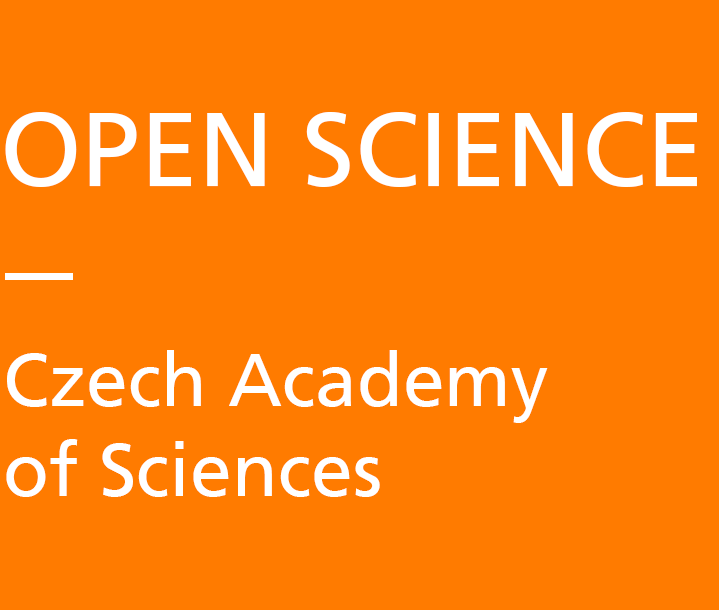More webinars on FAIR Bioimaging Data Management
As part of the STANDFLOW project, EMBL-EBI is hosting a series of webinars focused on the management and sharing of bioimaging and other multimodal data. The project connects cutting-edge imaging technologies with -omics approaches and utilizes complex datasets from research expeditions such as TREC (Traversing European Coastlines). Its goal is to support the implementation of standardized data flows in the emerging field of planetary biology.
While some webinars address challenges specific to environmental and marine biology research, several offer practical insights applicable to a broader research audience – particularly those working with imaging or other complex data types. All webinars are recorded and will be made available for on-demand viewing.
Upcoming Webinars:
- Data management in a bioimage informatics data flow
When: June 4, 2025, 15:30 – 16:30 (CEST)
This webinar follows the path of bioimage data from acquisition to publication, with a focus on how data and metadata management can support transparency, auditability, and reproducibility in research. It addresses the frequent loss of crucial contextual information and presents approaches to maintaining data value through structured data management. Participants will learn about common challenges in data sharing and reuse and gain practical guidance for creating data management plans tailored to bioimaging workflows.
Register and learn more here.
- A FAIR and scalable workflow for plankton phenogenomics at single cell level
When: June 11, 2025, 15:30 – 16:30 (CEST)
This session presents an integrated workflow connecting single-cell imaging and sequencing in marine plankton research. It introduces the LABID platform, which links environmental samples to imaging-based cell sorting and sequencing, and explains how this data feeds into the scalable Nextflow pipeline for symbiont identification. The webinar highlights the implementation of FAIR principles in designing a robust and reproducible data architecture across multiple modalities.
Register and learn more here.
- Open FAIR data: the role of public data archives
Kdy: June 25, 2025, 15:30 – 16:30 (CEST)
This webinar focuses on the significance of public data repositories in supporting open science. It introduces the BioSamples and BioImage Archive repositories and explains how these can be used to submit, describe, and interconnect complex datasets using rich metadata and community standards. Particular attention is given to the challenges and benefits of managing and archiving complex multimodal datasets in a FAIR-compliant manner.
Register and learn more here.
- A Journey to FAIR bioimage data
When: July 2, 2025, 15:30 – 16:30 (CEST)
This session offers practical strategies for managing the growing volume and complexity of bioimaging data. It covers key tools and services, including OMERO for local data management, OME-Zarr for cloud storage, and REMBI (Recommended Metadata for Biological Images) guidelines for metadata annotation using ontologies. The webinar aims to equip researchers with the knowledge to store, annotate, and publish their data in line with FAIR principles, improving data accessibility and reuse across the scientific community.
Register and learn more here.
About EMBL-EBI
The European Molecular Biology Laboratory (EMBL) is a leading international research organization in biology and biomedicine. It includes the European Bioinformatics Institute (EMBL-EBI), based in the UK, which provides freely accessible bioinformatics resources and coordinates a range of international initiatives promoting FAIR and open access to scientific data. EMBL-EBI is also a key partner of ELIXIR, the European infrastructure that connects national bioinformatics centres and supports data sharing, tools, and training across Europe. EMBL-EBI’s training programmes are part of the ELIXIR Training Platform, which strengthens national training efforts and fosters the development of a sustainable infrastructure for data science and bioinformatics.
Last updated on May 29, 2025


